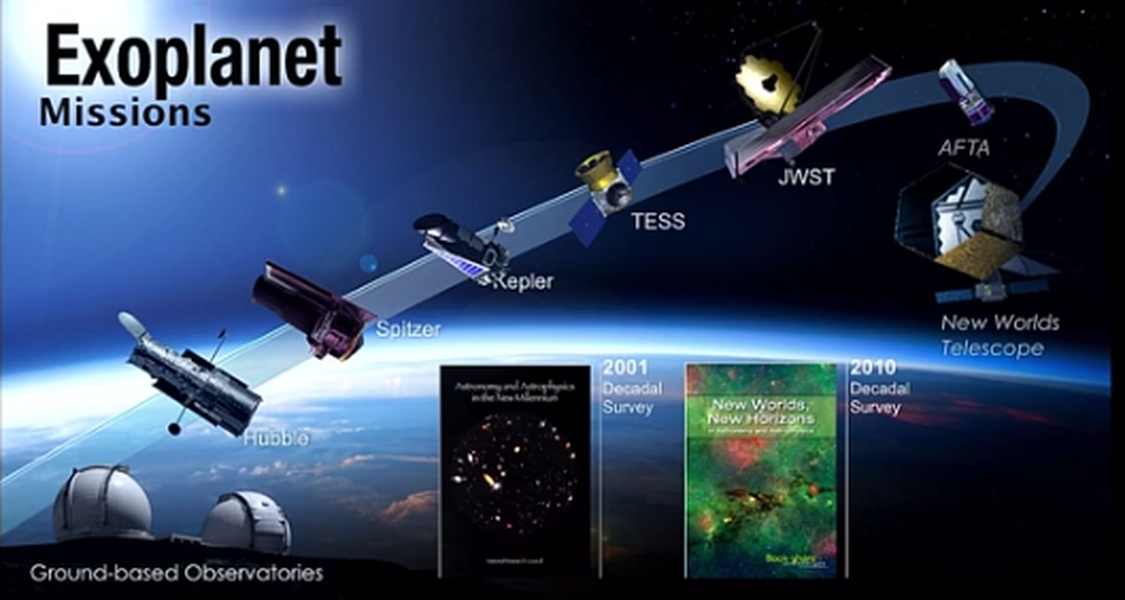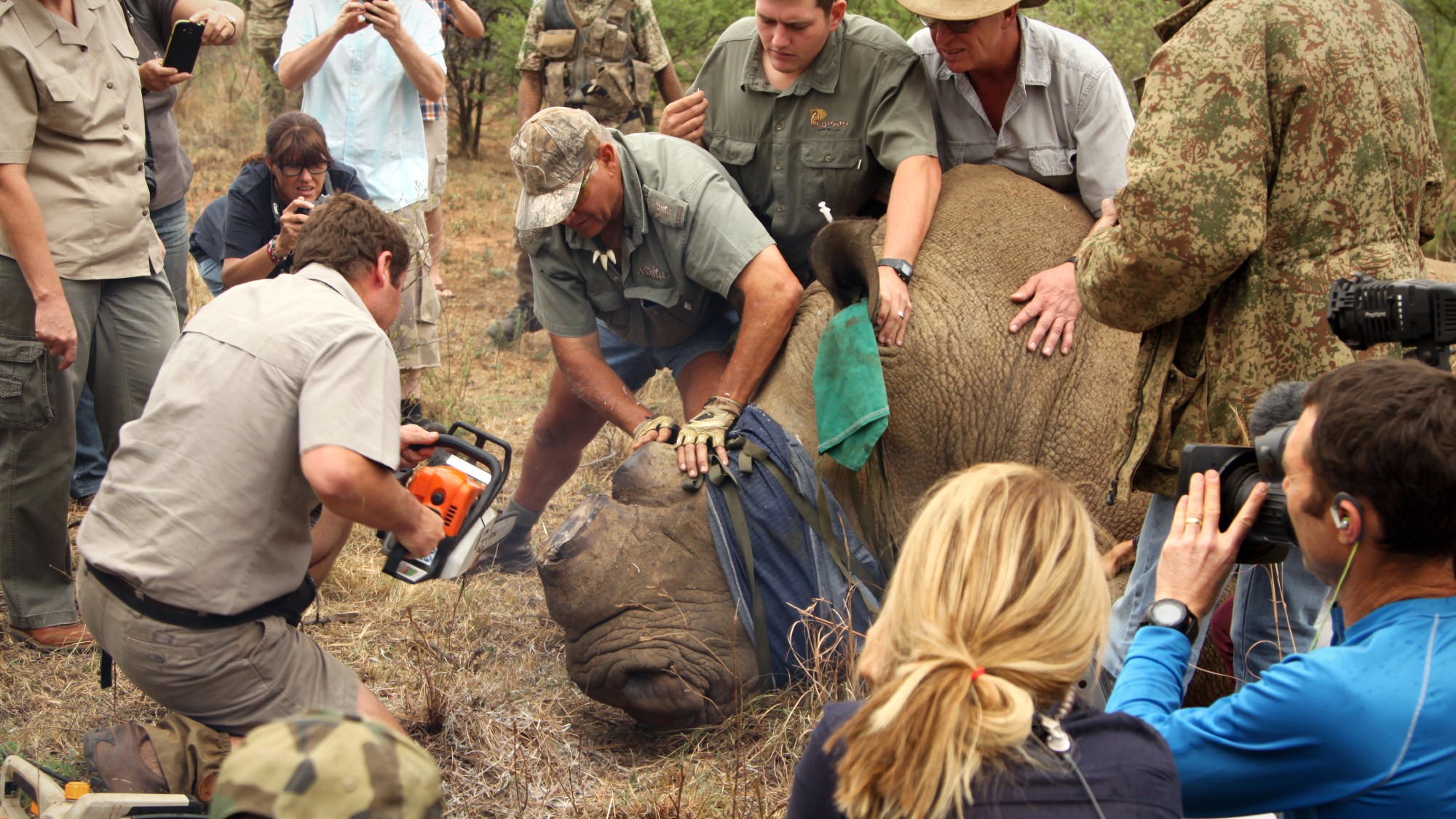NASA: We will find alien life within 20 years


At NASA's Washington headquarters on Monday, a panel of space program scientists announced their estimation that humans will find extraterrestrial life within 20 years, going as far as to say that the estimate is a "conservative" one.
NASA outlined its plan to search for alien life and said it would launch the Transiting Exoplanet Surveying Satellite in 2017. The agency predicts that as many as 100 million worlds in the Milky Way galaxy may be home to alien life.
"Just imagine the moment when we find potential signatures of life," Matt Mountain, director of the Space Telescope Science Institute in Baltimore, said at the announcement. "Imagine the moment when the world wakes up and the human race realizes that its long loneliness in time and space may be over — the possibility we're no longer alone in the universe."
The Week
Escape your echo chamber. Get the facts behind the news, plus analysis from multiple perspectives.

Sign up for The Week's Free Newsletters
From our morning news briefing to a weekly Good News Newsletter, get the best of The Week delivered directly to your inbox.
From our morning news briefing to a weekly Good News Newsletter, get the best of The Week delivered directly to your inbox.
NASA astronomer Kevin Hand seconded Mountain's opinion, saying that within the next 20 years, "we will find out we are not alone in the universe," suggesting that extraterrestrial life may exist on Jupiter's moon Europa. The scientists at the panel said NASA's efforts are focusing on finding alien life on planets or stars outside the Earth's solar system.
For more detail about NASA's current projects and search for alien life, watch the video of Monday's panel below. --Meghan DeMaria
A free daily email with the biggest news stories of the day – and the best features from TheWeek.com
Meghan DeMaria is a staff writer at TheWeek.com. She has previously worked for USA Today and Marie Claire.
-
 Hungary’s Krasznahorkai wins Nobel for literature
Hungary’s Krasznahorkai wins Nobel for literatureSpeed Read László Krasznahorkai is the author of acclaimed novels like ‘The Melancholy of Resistance’ and ‘Satantango’
-
 Trump DOJ indicts New York AG Letitia James
Trump DOJ indicts New York AG Letitia JamesSpeed Read New York Attorney General Letitia James was indicted as Trump’s Justice Department pursues charges against his political opponents
-
 Judge blocks Trump’s Guard deployment in Chicago
Judge blocks Trump’s Guard deployment in ChicagoSpeed Read The president is temporarily blocked from federalizing the Illinois National Guard or deploying any Guard units in the state
-
 SpaceX breaks Starship losing streak in 10th test
SpaceX breaks Starship losing streak in 10th testspeed read The Starship rocket's test flight was largely successful, deploying eight dummy satellites during its hour in space
-
 Rabbits with 'horns' sighted across Colorado
Rabbits with 'horns' sighted across Coloradospeed read These creatures are infected with the 'mostly harmless' Shope papilloma virus
-
 Lithium shows promise in Alzheimer's study
Lithium shows promise in Alzheimer's studySpeed Read Potential new treatments could use small amounts of the common metal
-
 Scientists discover cause of massive sea star die-off
Scientists discover cause of massive sea star die-offSpeed Read A bacteria related to cholera has been found responsible for the deaths of more than 5 billion sea stars
-
 'Thriving' ecosystem found 30,000 feet undersea
'Thriving' ecosystem found 30,000 feet underseaSpeed Read Researchers discovered communities of creatures living in frigid, pitch-black waters under high pressure
-
 New York plans first nuclear plant in 36 years
New York plans first nuclear plant in 36 yearsSpeed Read The plant, to be constructed somewhere in upstate New York, will produce enough energy to power a million homes
-
 Dehorning rhinos sharply cuts poaching, study finds
Dehorning rhinos sharply cuts poaching, study findsSpeed Read The painless procedure may be an effective way to reduce the widespread poaching of rhinoceroses
-
 Breakthrough gene-editing treatment saves baby
Breakthrough gene-editing treatment saves babyspeed read KJ Muldoon was healed from a rare genetic condition

